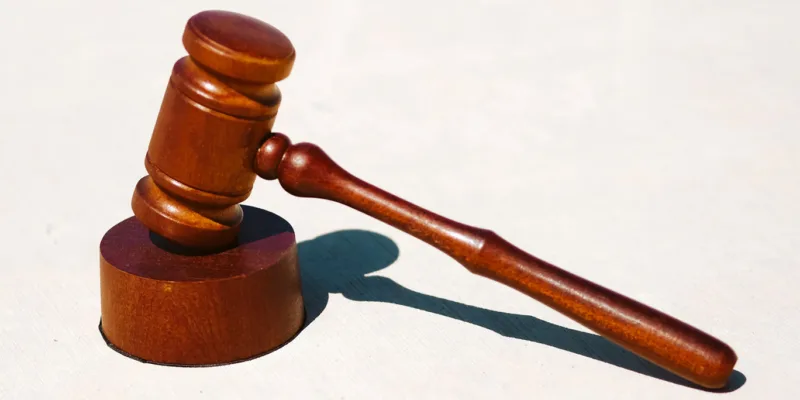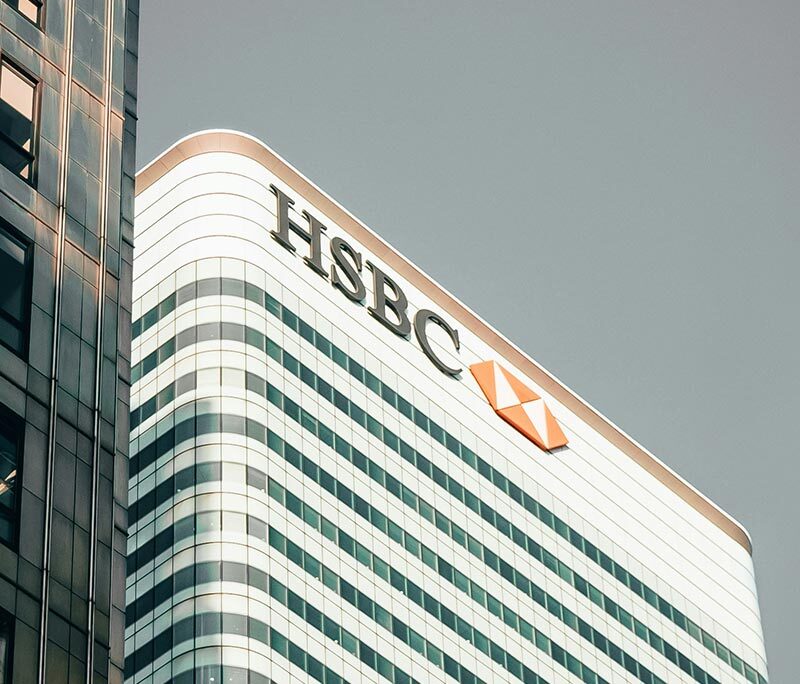An injunction is a court order requiring a party to refrain from a certain course of action (a prohibitory injunction) or requiring a party to do something (a mandatory injunction).
Contact UsManchester 0161 832 2500 | London City 0204 505 8080 | London Finchley 020 8349 0321
Secure PaymentRequest a call back
Injunction Solicitors and Legal Services
An injunction is often described as the nuclear remedy. An injunction is a type of discretionary relief in the form of a court order which requires a party to do or stop doing a specific action. Injunctions can either be mandatory; requiring the performance of an act or prohibitory; requiring the complained of action to cease.
An application for an injunction is the antithesis of the normal slow legal process. When injunction solicitors apply for a court order, the courts have a discretion to immediately require or stop the performance of certain actions.
The application is often listed to be heard by a judge either the same day it is issued or within a few days thereafter.
The court has the power to order an injunction at any stage from the commencement of proceedings up to and including the trial. If ordered at any time prior to a trial, it is known as an interim injunction, if ordered at trial it is known as a final injunction.
Freezing injunctions or orders are often used to urgently protect assets or information. Freezing orders stop the subject from dissipating assets by freezing their bank accounts and allowing their assets to be preserved.
Frequently Asked Questions
How quickly can I get an injunction?
By their nature, urgent injunctions, such as freezing orders, require a speedy implementation to ensure the aims and purpose of the application are obtained, namely a court order from a judge of the high court granting the requested injunction.
Depending upon the complexity of the matter, an injunction can be obtained in a matter of hours or days.
It is vitally important that great care is taken when preparing an application for an injunction as the court considers the matter very carefully given the draconian nature of the remedy being sought.
What are the different types of injunctions?
There are several ways in which injunctions can be classified. Injunctions are used to obtain various remedies.
A freezing injunction is used to prevent someone dealing with their assets.
Injunctions can also be used to obtain a information or data wrongfully removed from their rightful owner.
Another remedy is a court order allowing the applicant to search a third parties property – this could be physical or digital property search.
Other types of injunction include an order for the delivery up of goods, i.e. the immediate return of wrongfully appropriated goods or chattels.
An injunction may also be sought to prevent trespass or nuisance from continuing; useful in property disputes.
How long does an injunction last?
An injunction can be ordered to continue to a specified date such as a forthcoming hearing. Alternatively, an injunction can last indefinitely, this is known as a perpetual injunction.
What does it mean if you get a court order?
An injunction is a court order requiring a party to either do or stop doing a specified act.
The subject of a court order is required to comply with its terms. An injunction will often specify the penalty for a failure to comply with the terms of an injunction.
In view of the serious nature of injunctions, the penalty for non-compliance can even include imprisonment.
How does the court decide to grant an injunction?
A party wishing to apply for an injunction must show the court that its legal rights are likely to be, or have been, prejudiced by the other party. In these circumstances the court it likely to consider that the is a legitimate claim behind the application. It is very important to bear in mind that an injunction is a discretionary remedy meaning the court is not obliged to grant an injunction. This is dependent on the circumstances of the case and the court will only grant an injunction when it appears just to do so. Lastly, the court will only grant an injunction if it considers that a financial remedy would not be adequate for the claimant.
What are the grounds for an interim injunction?
There are no fixed grounds for the granting of an interim injunction. However, when making a decision the court will consider;
- The type of injunction being applied for.
- The broad merits of the wider case.
- If damages are an adequate remedy if an injunction is not granted.
- The potential negative effects of a wrongly applied injunction.
After considering the above, the court will rule if an injunction is a suitable remedy for the case at hand.
What are the costs of an Injunction?
Injunctions are notoriously expensive, and can run into thousands and even tens of thousands of pounds, but the exact cost of an Injunction will depend on the nature of the case and application. Generally, the cost will be decided by:
- The type of injunction sought.
- The urgency of the injunction.
- Whether the application is made without or with notice
- The extent of the evidence required and the number of documents involved.
- It important to note that if an injunction order is granted, but the court later finds that the order was not ultimately necessary, you may be ordered to pay damages and costs to the other party.
If you have a claim which you think requires an application to make an injunction, we can assist you with the process and advise you on the best way to make the application. If we consider an Injunction is not the most suitable way forward, we will discuss alternative next steps and always consider your best interests in keeping costs to a minimum.
What is a freezing order?
Freezing orders have been described as the nuclear weapon of legal enforcement.
Freezing orders are a type of interim injunction which ensures that the subject of the order cannot dispose or deal with the specified assets. Ordinarily, a freezing order will be used to maintain the status quo until a final judgment is handed down and enforced.
Depending on the situation, a freezing order can apply to land, bank accounts, stocks and shares and cars. The order can affect assets held in England and Wales as well as international assets.
When can a freezing injunction be made?
For a freezing order to be made the court will have to be satisfied that:
- The claimant has a good and arguable case.
- There are assets that the injunction will affect.
- There is a risk that those assets will be dissipated.
There are also other technical requirements which need to be satisfied such as the English Courts having jurisdiction to grant the order.
In order for a freezing order or injunction to be made, the applicant must undertake to pay damages to the respondent if it emerges that the order should not have been granted.
Our Litigation Partners
We take the time to get to know our clients and their businesses, and we work collaboratively with them to achieve their goals.
Meet Our TeamsFor proactive, bespoke, commercial solutions, contact us to discuss your needs.
Contact UsRequest a call back

Having recently worked with BBS Law to successfully conclude an Intellectual Property infringement case we were extremely happy with the services they provided.
David Bondt expertly guided us through the process and mediation, providing knowledgeable, professional and commercial support at all stages – thanks again David!
Baum Trading Limited


During a very difficult period in our business, we had to seek the help of a professional Law firm. We selected BBS Law Ltd following initial calls with Andrew Haffner and the Litigation Team. The support and unbiased guidance given by Andrew and the team guided us through many nightmare events. The extensive knowledge and professional support given to the complexities of the problem were well understood by BBS Law Ltd.
Hazel James, Managing Director at Brendon International Limited


I instructed David Bondt of BBS Law to deal with a complex intellectual property dispute. The other side were trying to be overly aggressive, but David and his team were able to deal with the situation professionally and robustly on my behalf. Needless to say, BBS Law obtained a very favourable outcome for us and gave very clear and concise advice to me throughout the case. I wouldn’t hesitate to recommend the litigation team at BBS Law.
SR, Client

Litigation News
Litigation Case Studies
High Court Allows BBS Client’s Claim Against HSBC to Proceed
High Court rules BBS’s client’s claim against HSBC should continue as an application for Summary Judgment and Strike Out by HSBC fails. David Bondt led the litigation team at BBS Law, who acted for the successful claimant in the recent…









